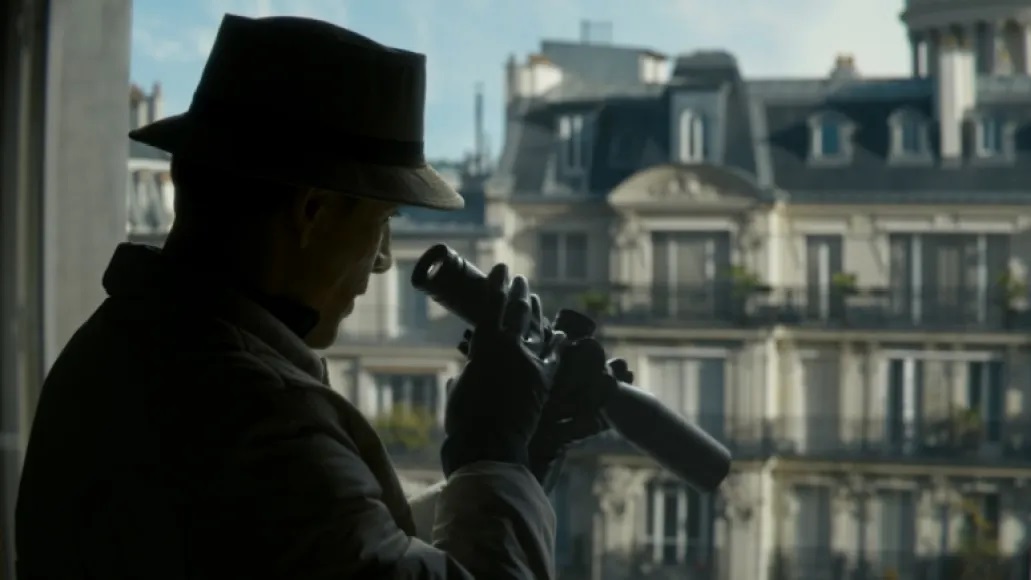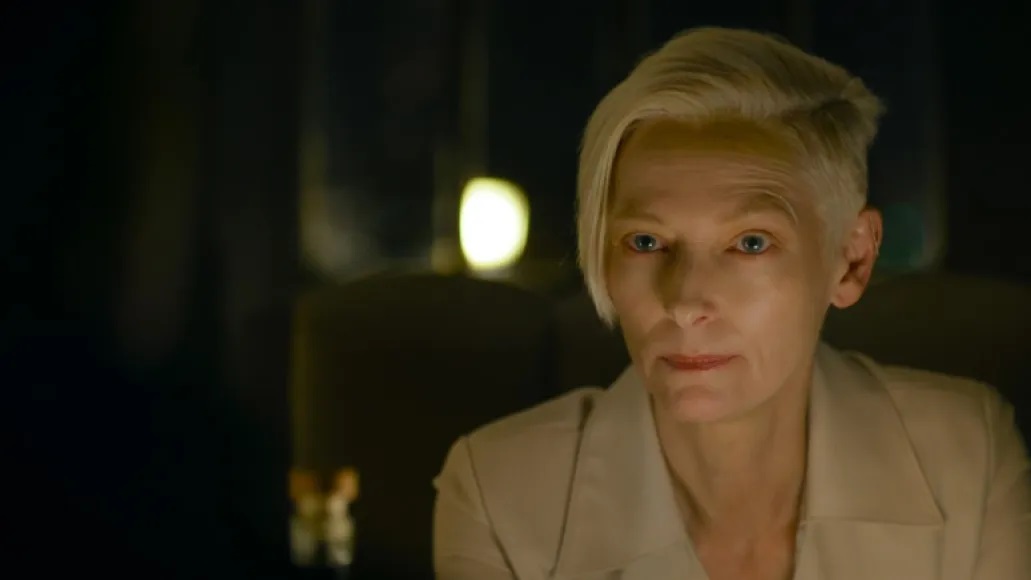Read also:
How to Watch FX Live Without CableHow To Watch AMC Without CableHow to Watch ABC Without CableHow to Watch Paramount Network Without Cable
David Fincher’s tale of a globetrotting assassin combines slick setpieces with economic construction.
To talk about The Killer is to strip away pretense. Well, one can try. Cold it may be, but David Fincher‘s latest is an incredibly open film. The houses are made of glass; the windows are ceiling-high; the voiceovers from the title character (Michael Fassbender) give infallible insight into his worldview. The film is his worldview, simple in its machinations and complex in its philosophy. In most other circumstances, this would unfold over time. And it does here, at least to an extent.
Based on the French graphic novels of the same name, written by Alexis Nolent and illustrated by Luc Jacamon (Seven writer Andrew Kevin Walker adapts it for the screen with poise and modesty), The Killer is told in six chapters and an epilogue. The film follows a nameless assassin with a high-powered rifle and, as necessary for travel, an endless supply of pseudonyms. “I don’t give a fuck,” he says, punctuating his first monologue as the script essentially rolls its eyes at his performative aloofness.
Fincher and Walker know he’s a hypocrite. The Killer does care. He’s curious and, as the film introduces him, is in Paris preparing an execution. His voiceover covers a preponderance of thoughts regarding intent, causality, openness, and finality. He discusses the utility of food, the ratio of births to deaths in any given second, and will later ponder what will happen when his funds dry up. The “why” isn’t particularly important; the “what” is. Walker’s script doesn’t entirely spell out this man’s preoccupations. Maybe he used to study law before becoming an assassin. Maybe there’s a reason he’s doing all this. That doesn’t really matter.

But that’s the crux of The Killer‘s central philosophy: two schools of thought bled together through the pretense of its narrative. This character’s actions hinge on moral nihilism, but his inward fascinations (and the script’s construction) are teleological. The viewer hears him as he watches others, coldly enamored by the concept of existence against the fragility of those surrounding him. Here, curiosity is the closest thing to utility.
Yet given this verbal bombardment, The Killer introduces a swath of stylistic flourishes and interests to go along with it. Erik Messerschmidt’s cinematography is digital enough to border on distracting, at least until the Killer pulls out his temporally ambiguous MP3 player for the first of many times. (It also, in one of the film’s running gags, only contains The Smiths.) When he botches the mission, he goes on the run to the Dominican Republic, Chicago, and elsewhere, Fincher maintaining a casual interest in the class of each setting.
The film is stylish, but the allure is dead by design. What exists on the page reads as isolated, yet Fincher and Fassbender play it as internal, even intimate. This man shows an interest in others. He finds pleasure and growth in observing them, not the least because it instigates further awareness of his body and doubt of his own self. “Anticipate, don’t improvise,” he repeats throughout. He exists to know, not to see.
That sight is left to the audience, blurred between the hyper-crisp jet setting Fincher and Messerschmidt capture as if refracted through an algorithm, and the economic bent of Walker’s script. Each chapter carries a setpiece, functioning either to propel the narrative or deconstruct the character’s beliefs. In a scene between the Killer and a woman known as the Expert (Tilda Swinton), the film even proclaims its identity as a twisted sort of fable.

Fincher toys with 21st-century technology from scene to scene, which adds up to a more pervasive sense of the character’s relationship to an increasingly alienated world. The opening credits style themselves like a PlayStation 2 loading sequence. A lawyer’s (Charles Parnell) decade-old MacBook, a broken flatscreen illuminating a brawl, the omnipresence of GrubHub and Amazon—it all fleshes the world out to something resembling universality. Between these tics and all of the Smiths, Fassbender’s protagonist represents commerce through art, purpose sans point.
After all, The Killer could be the most forgettable man to exist or one of the most eternal, an avatar for the viewer and a distillation of their contradictions. “Whatever happened to ‘I don’t give a fuck?’” he thinks to himself at one point. Yes, what happened? That dissonance fades as if by sheer surrender. In many ways, it may be the most Soderbergh movie that Steven Soderbergh didn’t direct.
It’s not revelatory, per se. Kirk Baxter, who’s edited each of Fincher’s features since The Curious Case of Benjamin Button, does exactly what the picture—and protagonist—dictate. That said, it does have some pacing issues at just under two hours. Its ending also, spells out its thesis too directly, as welcome as it may be. But if The Killer runs on dichotomies, its flaws could read as features. After all, there’s nothing to do but improvise.
The Killer is currently streaming on Netflix.